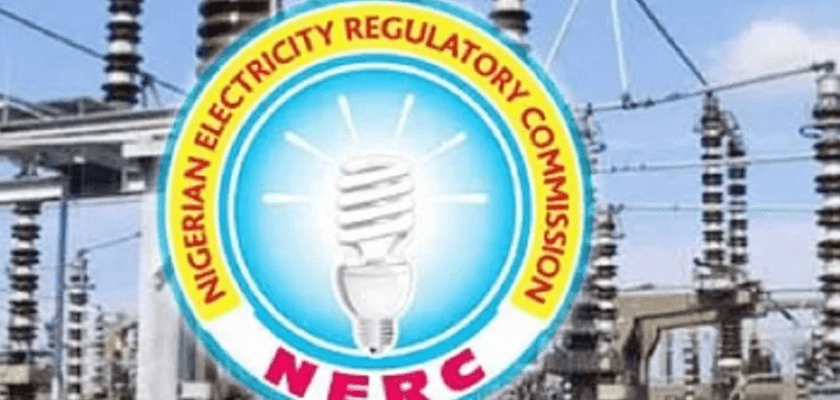Amidst recurrent collapse of the National grid which has put many in darkness, caused erratic power supply and weakens business activities, Nigerian Electricity Regulatory Commission has approved an increase in electricity tariffs.
According to the Vice chairman of the Nigerian Electricity Regulatory Commission (NERC), Musiliu Oseni, he said the increase would take effect immediately.
“The commission has approved a rate review of 225 naira per kilowatt hour from a maximum of 68 naira per kilowatt hour … for just under 15% of the customer population in the Nigerian electricity supply industry,” Oseni said.
The commission would categorise customers using data from electricity distributors, he said.
Bayo Onanuga, Presidential spokesman said that the government is planning to cut electricity subsidy for 15% of consumers to reduce its $2.6 billion cost. This is to ensure the government tries to wean the economy off subsidies to ease pressure on public finances.
Africa’s most populous nation, faces perennial power shortages that have contributed to years of weak growth and bad inflationary pressures as it reaches a record high of over 30% which has worsened cost of living of its citizenry.
The World Bank has in the past recommended subsidy cuts to help Nigeria improve the state of its public finances.
Removing electricity subsidies is part of President Bola Tinubu’s reform agenda, after he removed fuel subsidy that had dwindled and devalued the currency sharply.
Some of the reforms by the current administration has put the country in constant fluctuations in living standards and drowned some into abject poverty as they can’t afford the recurrence of the economic impact on their livelihood.
Nigeria’s electricity sector faces a myriad of problems including a failing grid, gas shortages, high debt and vandalism. The country has 12,500 megawatts of installed capacity but produces only about a quarter of that, leaving many Nigerians reliant on expensive diesel-powered generators.
Electricity tariffs in the country was last reviewed in 2020.

